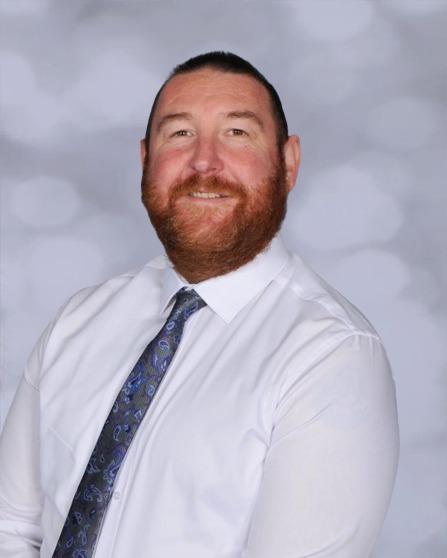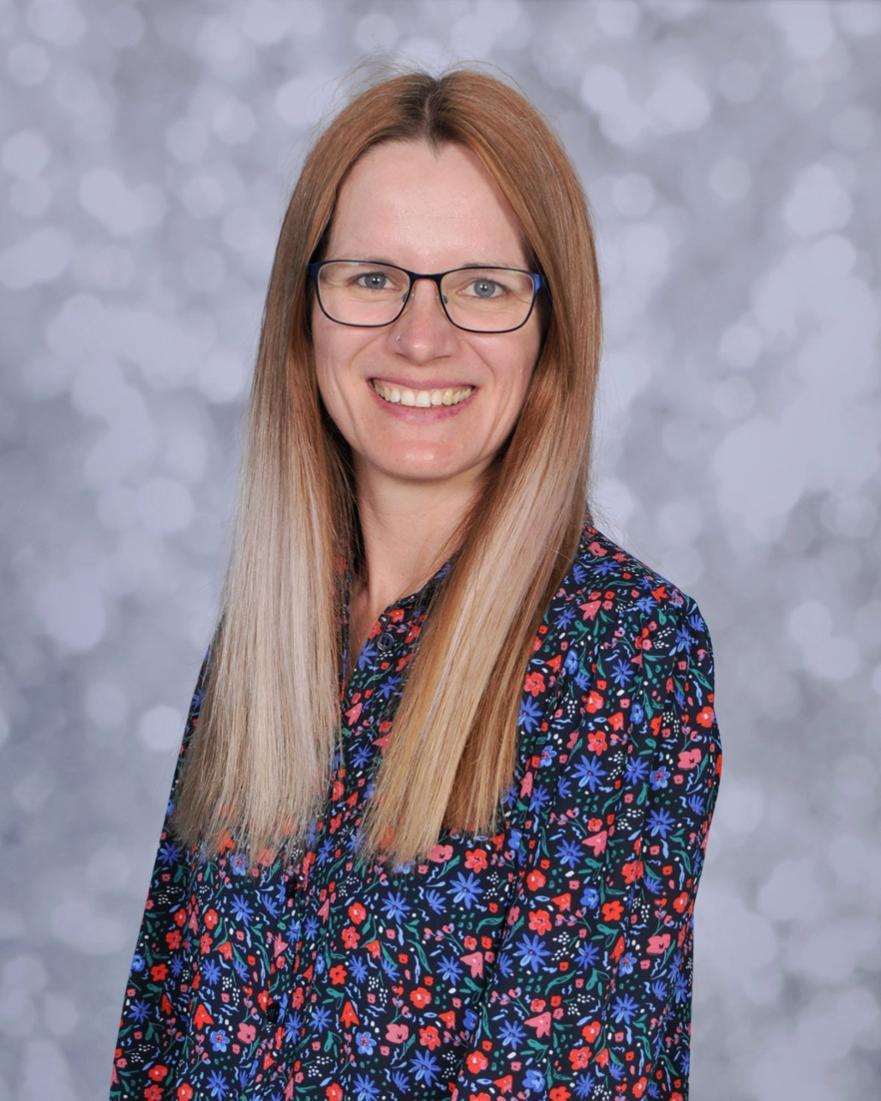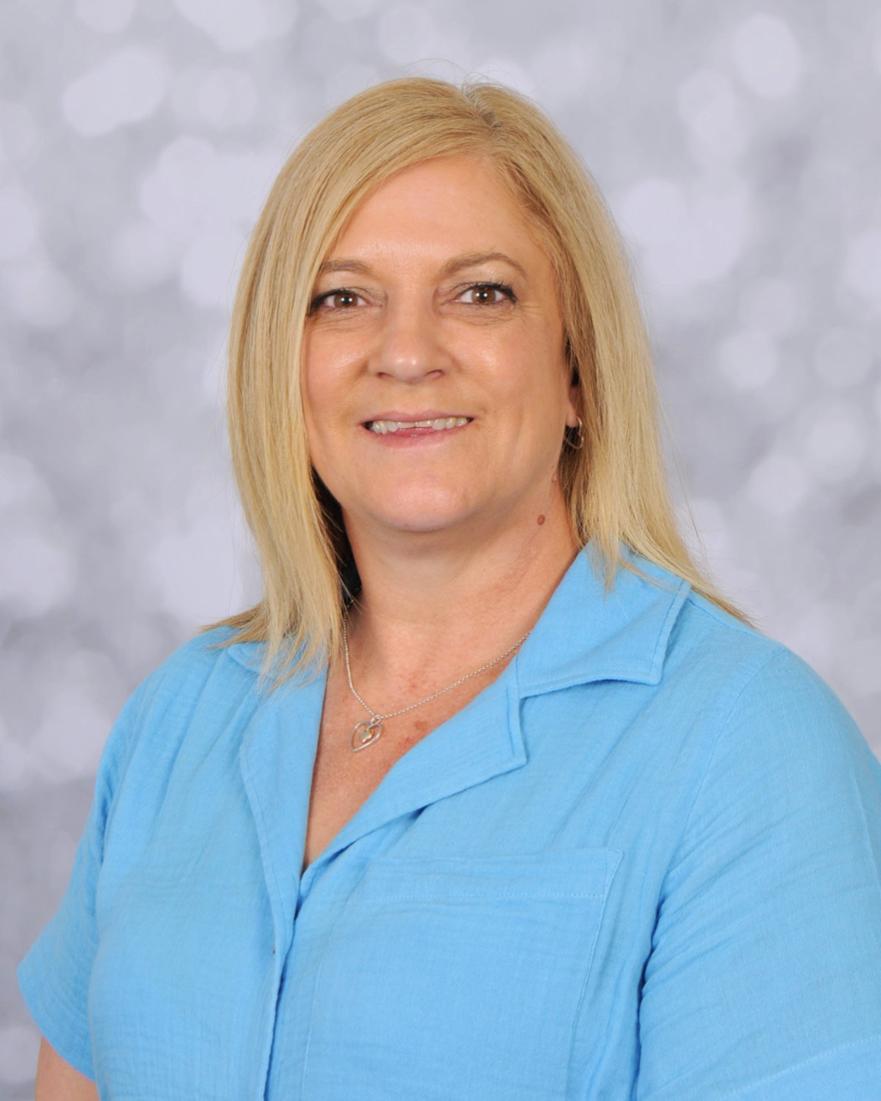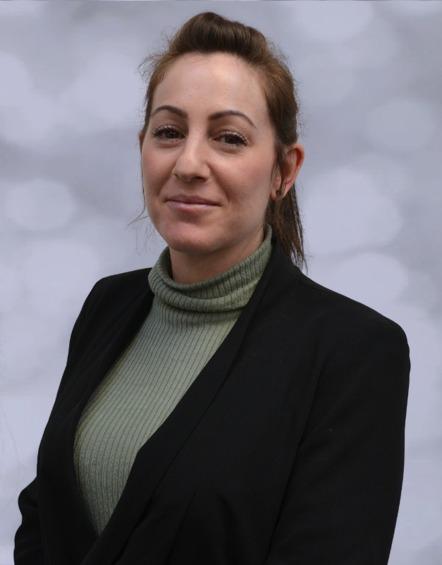

Safeguarding
Our Safeguarding Team
Mr Gardiner

Designated Safeguarding Lead
Mrs Whitney-Smith


Child protection Officer
Mrs Weller

Deputy Designated Safeguarding Lead
Miss Lockyer

Deputy Designated Safeguarding Lead
Cambridge Park Academy fully recognises its duty to safeguard and promote the welfare of children and vulnerable young adults, the safety and protection of children and vulnerable young adults is of paramount importance to everyone in this school.
We want all our students to achieve their full potential by:
- being as physically and mentally healthy as possible;
- experiencing good quality education opportunities;
- living in a safe environment;
- learning and working in a safe environment;
- experiencing emotional well-being;
- feeling loved and valued;
- receiving support from a network of reliable and affectionate relationships;
- learning to look after themselves;
- coping with everyday living;
- having a sense of identity and a positive image of themselves;
- developing their confidence and their interpersonal skills.
How do we Keep Children Safe?
We keep children in our care safe by:
- Having an up to date safeguarding and child protection policy which is reviewed on a regular basis and used as a working document.
- Use Safer Recruitment guidelines to ensure that all staff are vetted stringently.
- Promoting a culture of openness in which concerns can be shared by everybody.
- Ensuring all our staff have up to date child protection and safeguarding training.
- Sharing information with appropriate agencies if we have concerns and complete referrals when appropriate.
- Identifying members of staff who have responsibility for safeguarding.
- Ensuring that all visitors are aware of the importance of safeguarding within our school and know how to pass on any concerns they may have.
Please look at the links and bookcase below for our policies and relevant website links.
What do I do if I have a concern about the safety, care or welfare of a child or young person?
If you have a concern about a child or young person, you can contact:
- Mr Gardiner (Designated Safeguarding Lead)
- Mrs Weller (Deputy Designated Safeguarding Lead)
- Mrs Whitney-Smith (Child Protection Officer)
- Mrs Lockyer (Deputy Designated Safeguarding Lead)
Or you can:
- Contact the Families First Access Point (FFAP) on 01472 326292
- Contact the police on 101 or 999 in an emergency.
Many people worry that their concerns or suspicions may be wrong or that they are interfering unnecessarily or that someone else might report it. Our advice would be to report in any case to the school or to the FFAP team where they can give advice and the professionals can process the information you have. Please remember that safeguarding children is everyone’s responsibility.
What are the signs of child abuse?
No parent ever wants to think about the possibility of their child (or any child) becoming a victim of abuse, and thankfully most children never have to experience this. Even so, it is important for parents to be aware of the possibility and to know that help is available if the unthinkable happens.
If you notice anything that concerns you, talk to your child to see if you can find out what is happening. Remember, if a child is being harmed in any way, they may be too frightened or reluctant to talk to you. If your child becomes distressed or you are not happy with the explanations, you could talk to an adult you trust or call a helpline or children’s services for advice. Staff at Cambridge Park Academy will always be at hand if you want to discuss your concerns, will provide a listening ear where appropriate and offer support on how to address the concerns.
Some signs to look out for are:
- Bruises or other injuries;
- A change in behaviour – from quiet to loud, or from happy to withdrawn;
- Pain or discomfort;
- Fear of a particular person, or a reluctance to be alone with them;
- Secrecy around a relationship with a particular person;
- Reluctance to discuss where they go, or who they are with;
- Sexual talk or knowledge beyond their years;
- Being watchful, or always on edge, losing interest in their appearance, hobbies or family life;
- Alcohol or drug taking;
- Having money and refusing to say where it has come from;
- Wetting the bed;
- Becoming clingy.
Abuse can be physical, emotional, sexual or a form of neglect. There are also many other types of abuse such as female genital mutilation (FGM), online abuse, child trafficking and drawing young people into terrorism. Visit the NSPCC website for more information.
North East Lincolnshire Safeguarding
Child Exploitation and Online Protection (CEOP)
Protecting the UK against Terrorism
National Domestic Violence Helpline
North East Lincolnshire Women's Aid
N.E.L. Local Safeguarding Children Board
County Lines : Criminal Exploitation of Children and Vulnerable Adults Guidance